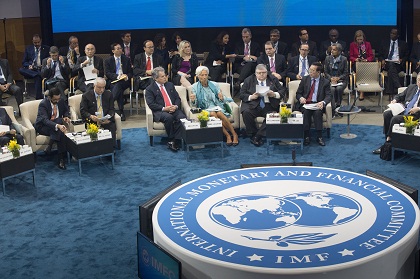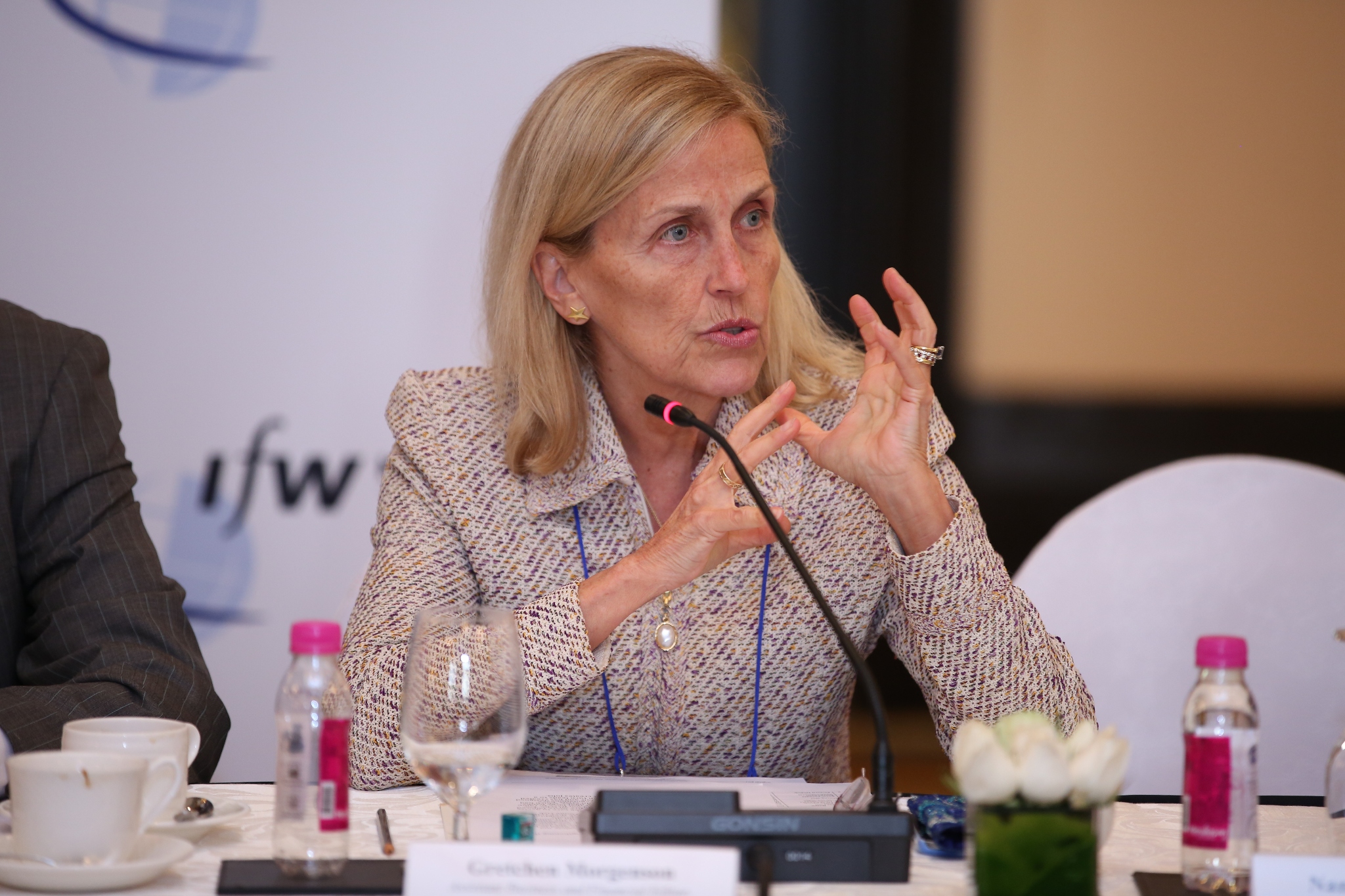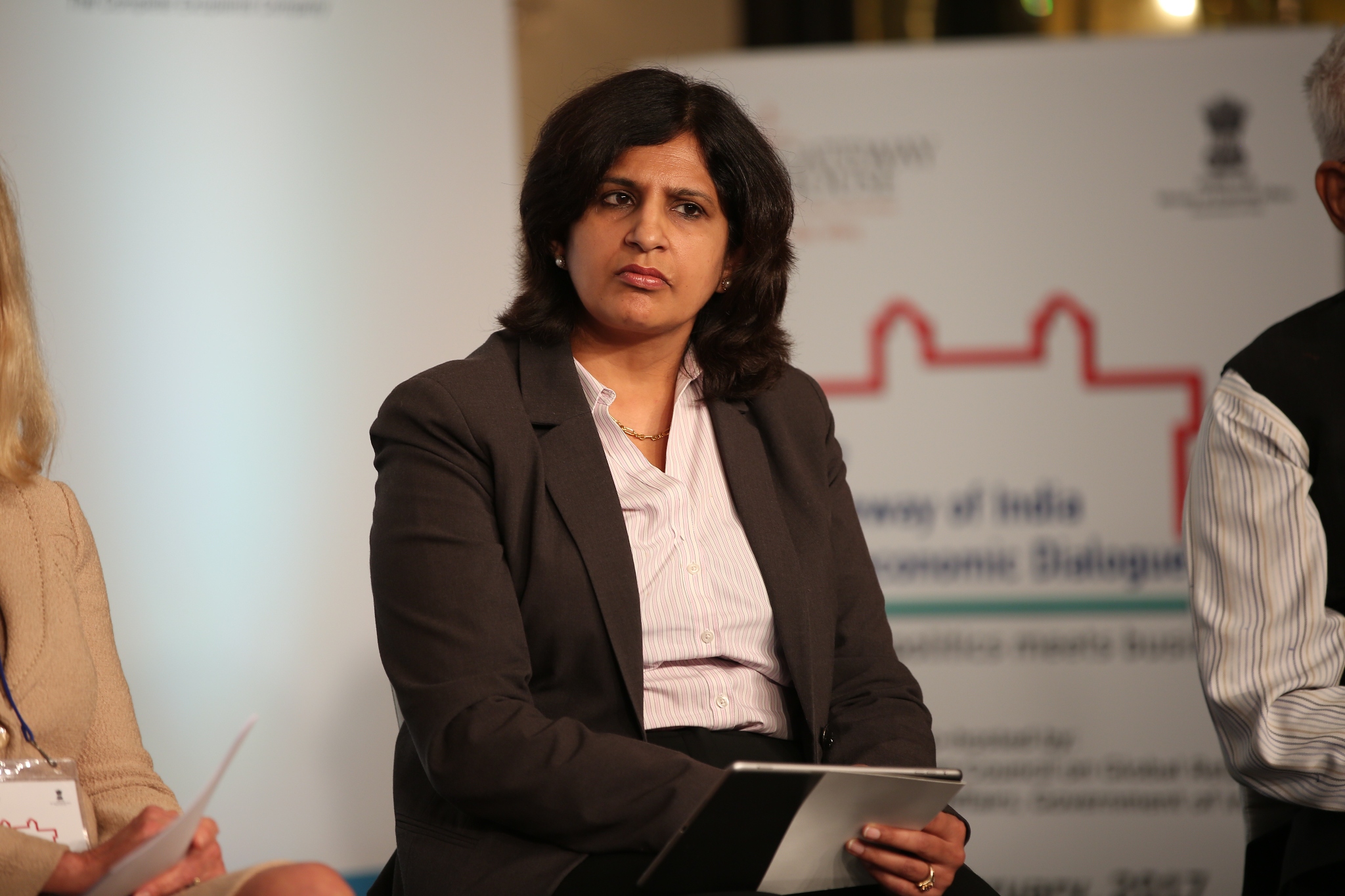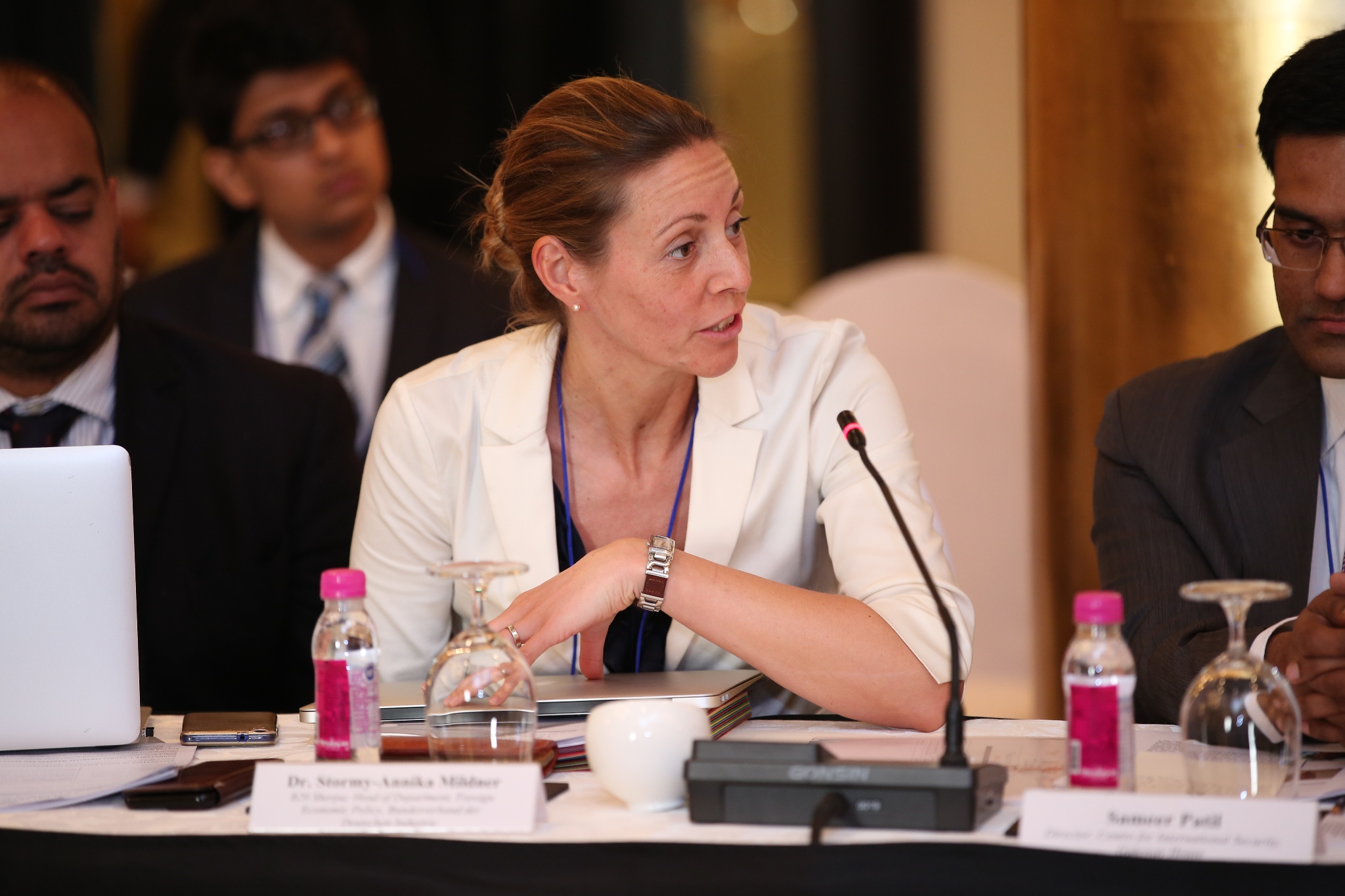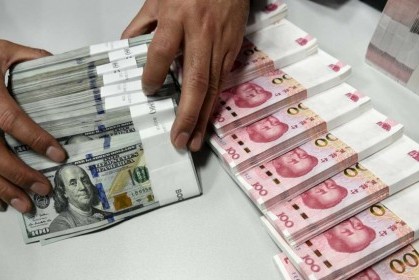IMF spring meetings: projecting a pickup
The IMF spring meetings on April 21-23 will take place amidst good news of the global economy moving into a better position. But the underlying fundamentals are still weak both in advanced countries and emerging markets, with the risks considerable. Economic policy makers must recognise and address the challenges with global consensus and multilateral actions

